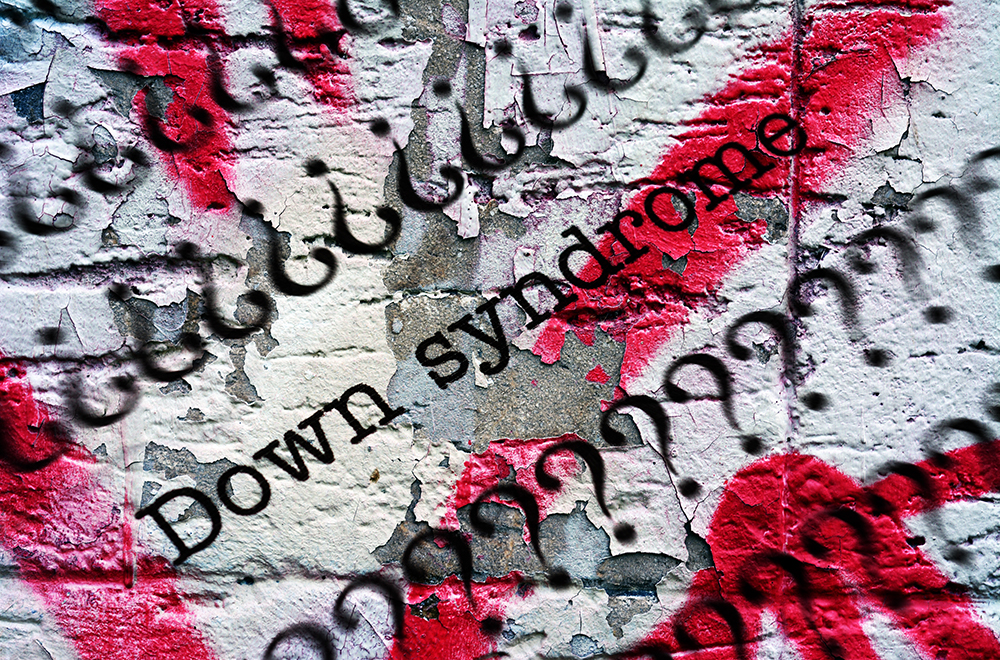Among the speakers at the Down Syndrome Day at NSW Parliament House was disability advocate Tara Elliffe who spoke about the importance of having a social connection and employment. Tara works for the NSW Ombudsmen and is an advocate of inclusion for people with Down syndrome and would like to see it carry a bigger voice in the community.
She began her speech saying: “I have Down syndrome and I am proud of it”. “Together with my family we have worked hard to have my voice heard, but often, people don’t listen to people with Down syndrome or recognise our strengths.
“I have heard people say I should be like normal people but my brother said normal is a cycle on the washing machine.”
Tara, is in the Up Club, a social group that use platforms like Zoom that gives everyone an equal chance to talk about delivering people with Down syndrome a voice. People who live in remote areas need to be heard too, she said, and the Zoom sessions make it easy for them to join in.
The group also gets together at regular workshops to discuss ideas, activities and issues like violence, abuse and neglect. The group also socialist regularly and “do all the things everyone else does, like going to the pub, bowling, the theatre and a lot more.”
Tara sees herself as an advocate for people with Down Syndrome by: “being a role model, listening and supporting others with Down syndrome and being myself.” She has also attended five global Down syndrome conferences.
Her work at Ombudsman’s office involves clerical duties, preparing presentations and ‘speak up’ workshops. “Having a career has made a big difference to my life, I get to meet new people, learn new skills and help others. A job and career is very important for my well-being and I like earning money so I can spend it.”
According to NSW Disability Minister Gareth Ward, who attended the event, the state government has a target of 5.6 per cent to improve the number of people working in the public service. “It’s a long way to go but we are working on it.”
Another speaker and Down Syndrome NSW board member, Lorraine Clark, spoke about her journey with her 45-year-old daughter Gabriel who has suffered emotionally from being in an aged care facility. “She loves and responds to music, laughter and stimulation and when she has her speech and physio therapist with her, is fully engaged and happy.
“But she is very aware of her surroundings and would prefer to be with people of similar age. Her needs are simple but since being in the facility she really has nothing to talk about. We are looking at options but it is a difficult situation and through the NDIS Gabriel is currently being assessed for SDA accommodation. This is a big issue especially for ageing parents of children with Down syndrome,” Clark said.
The final speaker was Amelia Burfitt who has a 2-year-old son with Down syndrome, who spoke about the importance of providing information to expectant parents of a child with Down syndrome. According to Burfitt people with Down syndrome are living longer and healthier lives and IQ levels have increased 20 per cent as children are no longer being institutionalised.
“Professional advice focuses heavily on termination and no information is provided about raising a child with Down syndrome and it is often presented as an ‘irresponsible choice’ if deciding not to terminate,” she said.
“Both sides of the story should be presented and information packs be given at the time of screening, not after parents have decided to keep the baby.
“There is no choice in this if there is no information given.”

